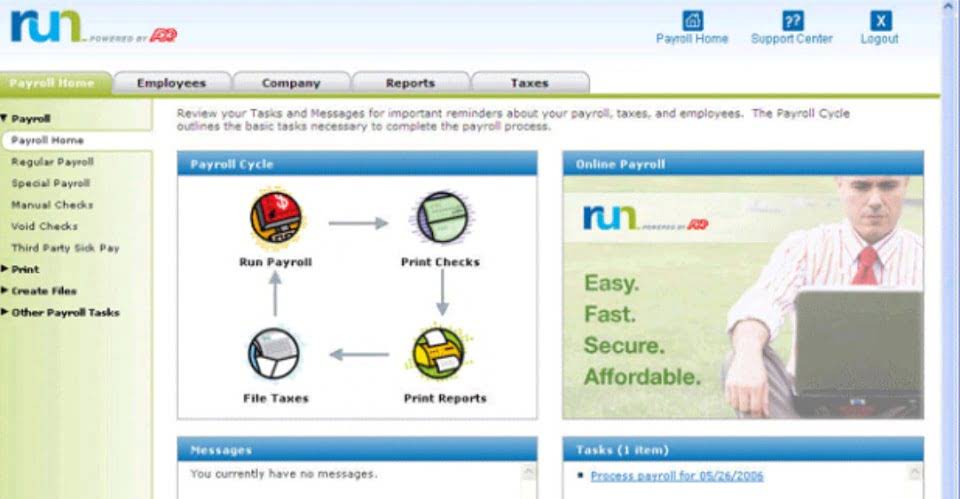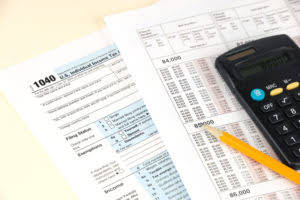
Track All Income Sources – Document every source of income, whether from client payments, sales, or services. Typically an accountant and a bookkeeper will work in partnership – the bookkeeper lays the groundwork for accurate financial reporting. Put simply, bookkeeping is the systematic recording of financial transactions.
How cloud accounting software can help you
The additional upper band is 45% and applies to income of £150,000 or above. The documentation provided should be well-organised and presented in a logical order making it easier for auditors to navigate through it. You may want to consider creating an index or table of contents listing all documents included in your submission.

Accounting Software for Sole Traders Free Download
Start by asking fellow sole traders and find out what they use and what they like about it – remember thought that what is right for one sole trader might not be right for another. If you’re thinking about setting up on your own and haven’t already registered as a sole trader with HMRC, you can find out how to set up as a sole trader here. However, the time and stress saved by having a professional handle your finances may be worth the investment.
Professional Bio Templates & Examples
- Keep Detailed Records – Maintain detailed records of all expenses, including receipts, invoices, and bank statements.
- Creating and sending invoices is also an important aspect of bookkeeping.
- In this section, we’ll highlight the key tax obligations you need to know, ensuring you stay compliant and manage your finances effectively as a sole trader.
- However, there are risks and the consequences of making mistakes with your bookkeeping can be disastrous, particularly if this triggers an unexpected HMRC investigation.
- You must also register for and pay goods and services tax (GST) if your annual turnover exceeds a certain threshold.
- Keeping accurate records of assets allows for better planning when it comes time for maintenance or replacement.
When it comes to choosing the bank to open your business account with, make sure to look at the costs and features they offer. You will normally have to pay a fee for having a business bank account, whereas a personal account is free. However, the benefits of having a business account outweigh https://www.bookstime.com/ the small cost of having one. Analysing financial ratios can provide valuable insights into the performance of your business. These ratios help you compare different aspects of your business’s finances – such as liquidity or profitability – over time or against industry benchmarks.
- Learn whether you should register for VAT and the implications it has for your business.
- These projections allow you to anticipate any future financial requirements and adjust your business accordingly.
- In some cases, customers can’t or won’t pay their invoices, leaving you with bad debt.
- Popular accounting software is available from many different providers including Xero, QuickBooks and FreeAgent.
- When choosing bookkeeping software, look for options that are tailored to the needs of sole traders.
Top Recommended Bookkeeping Tools for Sole Traders in Ireland

Robust accounting is essential for making informed decisions, securing financing, paying proper taxes, and enabling growth. Bookkeeping for a sole trader is not too different from bookkeeping for other small businesses. Anyone who earns income must track their business finances and file tax returns. The most striking difference is simply the need for self-assessments sole trader bookkeeping and the likelihood of business owners doing their bookkeeping themselves. There can be a lot of record keeping for sole traders to stay on top of, so bookkeeping software can make keeping accurate records easier. This includes managing inventory as a sole trader to ensure that you have enough stock on hand to meet demand while avoiding overstocking.